OUR SMALL SEO CHANGES TO IMPROVE YOUR WEBSITE QUICKLY
- Nikki McCaig

- Jun 7, 2022
- 4 min read

When setting up your personal or professional website, there can be a lot of new tools and information to get your head around. From learning the difference between FTP and HTTPS, to optimizing images and exploring the endless possibilities of plugins, it can be a daunting task getting your site up and running.
One of the best ways to help boost your new site, or promote an existing one, is through SEO. SEO (or Search Engine Optimization) is a series of tools and techniques you can use throughout your site to help it perform better through search engines like Google, Bing and Yahoo. Essentially, you can make some critical changes to your website itself to help it rank higher in the Google search results when someone queries a relevant term.
But you don’t need to do a complete overhaul of your website and start re-designing costly page changes and menu structures to boost your SEO. We’ve put together some small, simple changes you can do to optimise your website and help it reach the right audience this year.
ALT TAGS & ALT DESCRIPTIONS
When you upload an image or a graphic onto your website, it’s important to include both an alt tag and an alt description in the backend of your site. An alt tag on an image presents the search engine with information about the company, your website and the image itself.
For example, if you were to share an image of one of your products, you might want to use the alt tag format: ‘Frizzy Hair Serum | My Business | 2022’. That means that when people search for ‘frizzy hair serum’ on Google, an image of your product is more likely to appear.
Alt descriptions are also a great asset for your site as they help to promote your accessibility. Alt descriptions literally describe what is in the image, for example ‘picture of frizzy hair serum bottle against a white background’. This allows users with screen readers or with limited vision to understand what is in the image. Accessible websites are more likely to perform well in search engine results, as search engines will promote responsive, well-designed and inclusive sites first.
SEO PLUGINS
Regardless of which platform you use to host your website, plugins are a great way to help improve your SEO ranking. We recommend using plugins such as Yoast or RankMath to help introduce more SEO options to your website and share advice on how to boost your search engine ranking.
Yoast and RankMath provide the tools to let you fill in metadata, such as meta descriptions, snippets and custom URLs for your site, as well as selecting keywords for your page copy to reflect.
METADATA
Metadata describes the meta description, meta title, slug/URL and keyword description for both your site and the pages within. Each individual page will have its own set of metadata for you to fill out, to help search engines recognise it as a useful and relevant website to share with its users.
The metadata will then become the information a user will see when searching for your site, typically the title of the page and a brief description of what it is about.
For example, on a page featuring a frizzy hair care serum, the metadata would be as follows:
Title: Frizzy Hair Serum | Professional Hair Care | My Business
Slug: https://www.mybusiness.com/haircare/frizzyhairserum Description: Our frizzy hair serum is designed to help remove frizz and flyaways from all hair types, colours and lengths. Order from My Business today for silky soft and shiny hair.
COPY LENGTH & FREQUENCY
Finally, a quick and simple way to improve your SEO ranking is to start evaluating the length of copy on your site pages. Pages that don’t have enough copy or don’t share enough new content will automatically be pushed lower down the search results, so it’s important to get your word count up!
The recommended word length for a standard website page is between 600-700 words, including headers and titles. The recommended word length for a blog post is around 800 words. Any pages with content that is less than 300 words will be negatively reviewed by search engines as ‘thin’ content and are unlikely to be promoted in search results.
It’s also a good idea to upload new content to your site frequently, as sites that stay stale and unchanged can also be negatively viewed by the search engine algorithm. New blog posts, case studies, testimonials and updates are always a great way to keep your site fresh and relevant.
SEO is one of the most useful tools we have to promote our sites and develop a strong online presence in our industry. Google itself receives a staggering 5.6 billion searches per day, so it's important to make sure your website makes its mark in the search results.
If you want to find out more about marketing and SEO services, check out our LVE THT services or drop us an email for more information!
#CreativeAgency #DesignAgency #DigitalMarketing #LVETHT #Marketing #SocialMediaMarketing #SocialMedia #AttractingNewCustomers #NewLeads #BusinessLeads #BusinessProspects #NewCustomers #CustomerOutreach #Collaborations #PPC #SEO #MarketingPerson #marketing #digitalmarketing #pr #blog #news#production#productionagency #videography #business #entreprener #branding #branded #corporate #london





Comments